New Zealand-based CarbonScape is set to commercialise the production of biographite – a new, cleaner graphite alternative for lithium-ion batteries.
CarbonScape, which began developing its clean graphite alternative, biographite, in 2016, recently banked $18 million in an investment round led by Europe’s largest supplier of wooden construction material, Store Enso, to commercialise its materials throughout Europe and the US.
According to CarbonScape, biographite is made from forestry by-products and has a carbon-negative footprint, saving up to 30 tonnes of carbon dioxide (CO2) emissions per tonne of material compared to synthetic or mined graphite.
For battery manufacturers, CarbonScape estimates using biographite could cut the carbon footprint of each battery by almost a third – potentially reducing sector emissions by more than 86 million tonnes of CO2 per year by 2030.
“If we are to truly move away from fossil carbon and power our economies through mass electrification, we urgently need sustainable alternatives like biographite to scale quickly,” CarbonScape CEO, Ivan Williams, says.
By Anastasia Santoreneos, Forbes Australia


